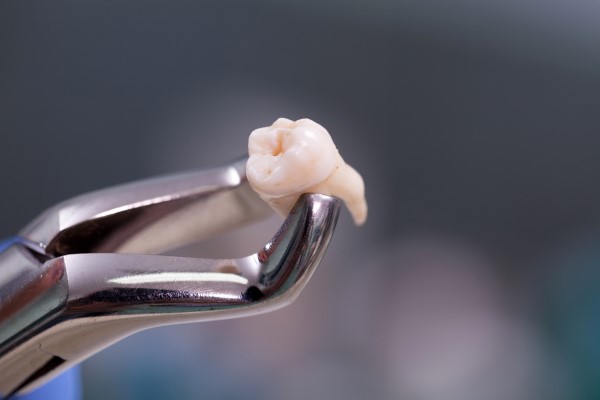Quick Guide to Getting Mini Dental Implants

Mini dental implants might be the best option if you have diminished jawbone tissue due to missing teeth. This is common among people who have replaced missing teeth with other oral prosthetics besides implants, as well as those who fail to replace missing teeth.
When a tooth falls out, the root comes out with it. The root serves two important purposes: anchoring down the tooth and stimulating the jaw. Bite forces created when chewing are transferred through the root to the jaw. This stimulation stops when a tooth comes out. Implants are the only oral prosthetic that adequately address this problem.
Why mini dental implants?
In order to get implants, the patient needs to have enough bone tissue to embed the prosthetic. Patients who do not have the required bone tissue might need to get bone grafts before proceeding with implants.
That is often where mini dental implants come in. These prosthetics are only about half the size of regular implants, and their installation requires less bone tissue. These oral appliances often allow patients to bypass having to get bone grafts.
What to expect when getting mini dental implants
Here is what goes on when getting mini dental implants:
- The process starts with a consultation with a dentist. The patient's medical history and current health are evaluated. Diagnostic tests might be taken. Depending on the location of the missing tooth and the patient's bone density in the area, the dentist might recommend mini dental implants
- During the next appointment, the implant will be embedded in the patient's jaw. An anesthetic is administered to numb the area being worked on. Depending on a number of factors, such as the thickness of the bone tissue holding the prosthetic in place and the patient's overall dental health, a crown might be attached to the implant during the same procedure
- Some patients will have to wait up to six months for the bone tissue holding the implant to fuse with it. This process is known as osseointegration, and it ensures the implant is firmly attached to the patient's jaw just like a real tooth's root would be
- A crown is placed on the implant once osseointegration is complete. The crown serves as an artificial tooth and there is no need for an abutment with mini dental implants
- The dentist might schedule follow up visits so the patient's progress can be monitored. Afterward, they will only need to see a dentist twice a year for routine checkups
The benefits of replacing missing teeth with mini dental implants include the following:
- Mini dental implants do not need special care once installed
- Mini dental implants require less bone tissue for installation
- Mini dental implants help to preserve the patient's jawbone tissue
- Mini dental implants look just like real teeth
- Mini dental implants prevent remaining teeth from shifting out of proper alignment
Ready for mini dental implants?
Call or visit our New York mini dental implant specialist office to find out if you are a good candidate for these oral prosthetics.
Here is how you reach New York DMD…
Request an appointment here: https://newyorkdmd.com or call New York DMD at (917) 284-9680 for an appointment in our New York office.
Recent Posts
Do you need your wisdom teeth removed? Read on to learn about this common oral surgery procedure. The third set of molars, otherwise called the wisdom teeth, usually develop between 17 and 25 and are removed through oral surgery by a general dentist. Most individuals have at least one impacted wisdom tooth, which means it…
If you have never sat in the dentist's chair for a tooth extraction, your upcoming procedure may seem unnecessary or too uncomfortable to bear. Remember that the dentist will explain the procedure beforehand and assure an experience that is as comfortable, quick, and painless as possible.The most common reasons for tooth extraction are that the…
A broken tooth can happen when you least expect it. To prevent the problem from worsening, it is best to see a dentist as soon as possible for treatment. Restoring or replacing a broken tooth stabilizes the bite, safeguards surrounding tissues, and supports long-term comfort.Possible options for treating a broken tooth include a dental filling,…
Gum disease treatment protects natural teeth by stopping infection, rebuilding support, and reshaping daily habits. A general dentist who provides dental implant surgery also prioritizes tooth preservation whenever feasible. Early diagnosis prevents irreversible attachment loss and bone shrinkage. Clear explanations and stepwise care turn anxiety into action.During evaluation, the dentist reviews medical history, records pocket…


